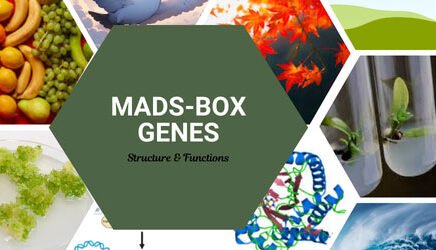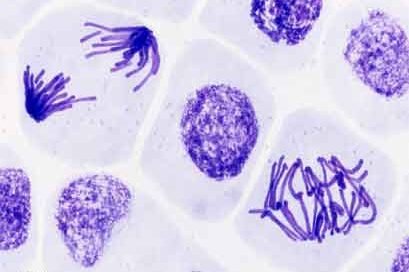
MADS-Box Gene: A Key Regulator in Floral Organ Formation
Studying how genetics shape plant development has been a key part of botanical research for a long time. The MADS-box gene family, named after its first discovered members (MCM1, AGAMOUS, DEFICIENS, and SRF), plays a crucial role in controlling how flowers develops in plants. These genes are central to understanding […]




